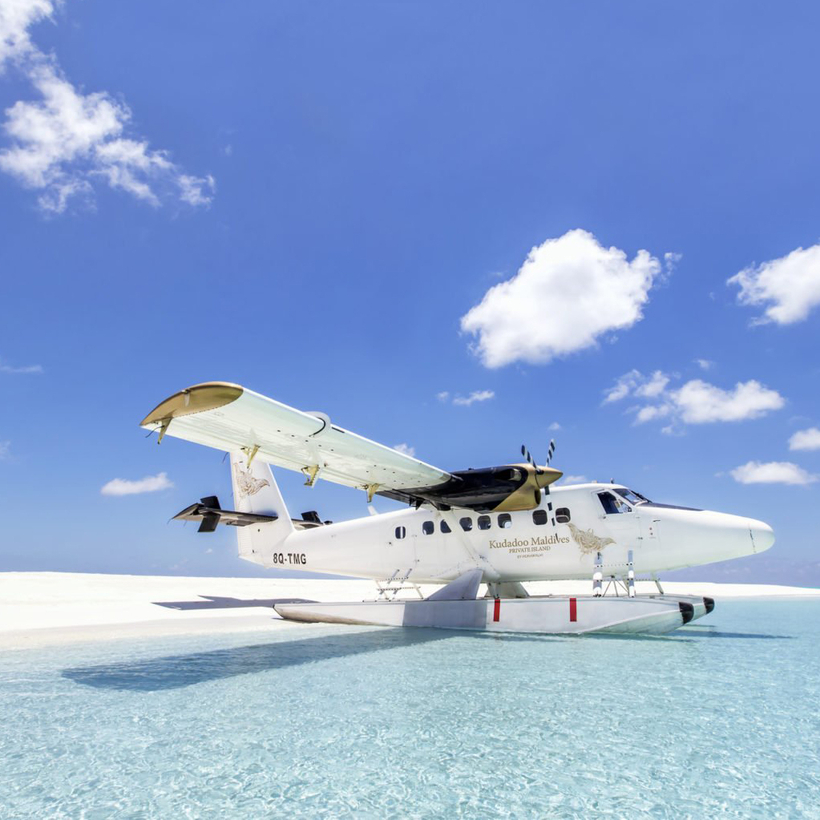It wasn’t all that long ago when travel meant a trip to the supermarket. Now a delirious yearning for distant shores is making many globe-trotters bolder. If Greece was thronged by Americans this summer, Uzbekistan and Bolivia suddenly beckoned, too. Call it “carpe diem traveling”—if not now, when?
Perhaps no destination is more yearned for than the Maldives, an aquamarine-and-sapphire scarf of a country floating in the middle of the Indian Ocean. Located just southwest of India and Sri Lanka, it’s composed of around 1,200 small coral islands and sandbanks (200 of which are inhabited) and has a total land area of 120 square miles. Its capital and largest city is Male, where residents live in one of the world’s most densely populated places.


